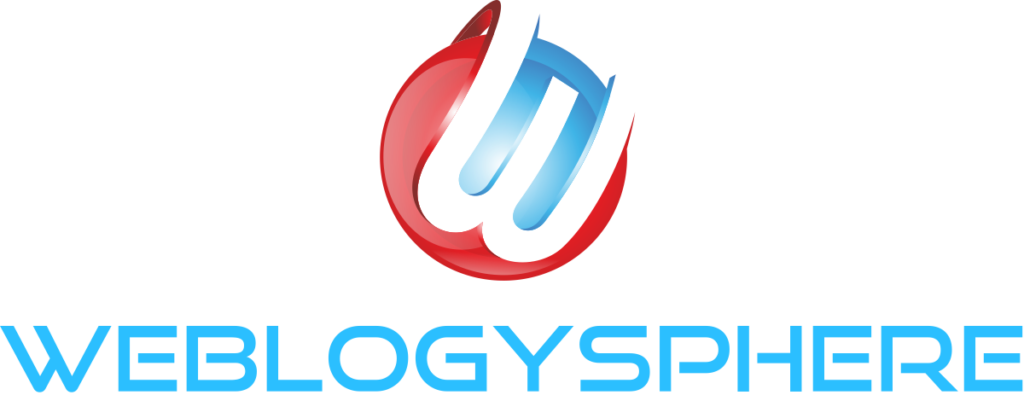Google Ads vs. Facebook Ads: Which is Better for Your Business?
Regarding digital advertising, Google Ads and Facebook Ads are two of the most prominent platforms. Each offers unique advantages and serves different marketing needs. Understanding their differences can help businesses make informed choices. Let’s dive into the details.
1. Targeting Options
Google Ads targets users based on keywords. Relevant advertisements show up in the search results when a user types in a specific term. This means that if users are actively searching for a product or service, your ad can reach them at the right moment.
- Market Share: Google Ads holds over 70% of the market for internet search advertising.
Facebook Ads, on the other hand, allows businesses to target users based on demographics, interests, and behaviors. This means you can reach potential customers who fit your ideal profile, even if they aren’t currently searching for your products.
- User Base: With over 2.8 billion monthly active users, Facebook offers a vast audience for targeted ads.
2. Ad Formats
To increase interaction, both platforms provide a variety of ad formats:
- Google Ads offers several options, including:
- Search Ads: Text-based advertisements that show up in search results
- Display Ads: Visual ads are shown on websites in Google’s network.
- Shopping Ads: Product listings that appear for relevant searches.
- Video Ads: Ads displayed on YouTube.
- Facebook Ads provides diverse formats, including:
- Image Ads: Simple and effective visual ads.
- Video Ads: Engaging content that can capture attention quickly.
- Carousel Ads: Combine several pictures or videos into one advertisement.
- Stories Ads: In between user stories, full-screen vertical advertisements show up.
These formats allow businesses to choose the best way to convey their messages based on their audience and goals.
3. Cost and ROI
Cost is a critical factor in advertising decisions.
- Google Ads generally uses a pay-per-click (PPC) model, where businesses pay each time someone clicks on their ad. The cost can vary greatly based on competition for keywords.
- Average CPC: Across all industries, the average cost per click is approximately $2.32.
- Facebook Ads also operates on a PPC model, but advertisers can opt for a cost per thousand impressions (CPM). This model can be more economical for businesses looking to increase visibility rather than just clicks.
- Average CPC: On Facebook, the average CPC is around $0.97, making it an attractive option for budget-conscious advertisers.
Calculating your ROI (Return on Investment) can be simplified using these costs and the average conversion rates from each platform.
4. Conversion Rates
Understanding how effective each platform is at converting clicks into customers is vital:
- Google Ads typically sees higher conversion rates for businesses with clear purchase intent. The average conversion rate for Google Ads is around 3.75%, which is beneficial for direct sales.
- Facebook Ads, while potentially having lower conversion rates at about 2.2%, excel at generating engagement and brand awareness(Digital Marketing Institute). This makes it a solid choice for businesses focused on long-term relationship-building.
5. Analytics and Insights
Both platforms provide comprehensive analytics to help you measure ad performance:
- Google Ads offers detailed insights into keyword performance, search terms, and user behavior, enabling advertisers to optimize their campaigns effectively.
- Facebook Ads provides metrics on audience engagement, reach, and interactions, helping businesses understand how well their ads resonate with users.
These analytics are crucial for adjusting strategies and maximizing ad effectiveness.
6. Ideal Use Cases
Choosing the right platform can depend on your specific business goals:
- Google Ads is ideal for businesses looking to capture immediate intent. If your audience is actively searching for your products or services, this platform can drive high-quality leads quickly.
- Facebook Ads are perfect for brands that want to build awareness or promote products visually. If you aim to engage customers over time and create a strong brand connection, Facebook may be more suitable.
Conclusion
In conclusion, Facebook Ads and Google Ads each have advantages and meet distinct advertising requirements. Google Ads excels at reaching users with high purchase intent, while Facebook Ads is powerful for creating brand awareness and engagement.
Consider testing small campaigns on both platforms to determine which yields better results for your specific business goals. Ultimately, the right choice can significantly enhance your advertising ROI and contribute to your business’s growth.
Recent Post
Omnichannel Marketing: Why It’s the Future
Share this post : The way consumers interact with brands has changed dramatically. Today’s customers move seamlessly between websites, mobile […]
Trending Valentine’s Day Hashtags and Captions You Shouldn’t Miss
Share this post : Valentine’s Day is one of the most powerful moments of the year for social media engagement. […]
Future of SEO: What Experts Predict in 2026
Share this post : The digital marketing landscape is evolving faster than ever, and search engine optimization is no exception. […]
Start Consultation With Us
Make a Call
+91 95103-22143
Contact Us
info@vividdigisolution.com

